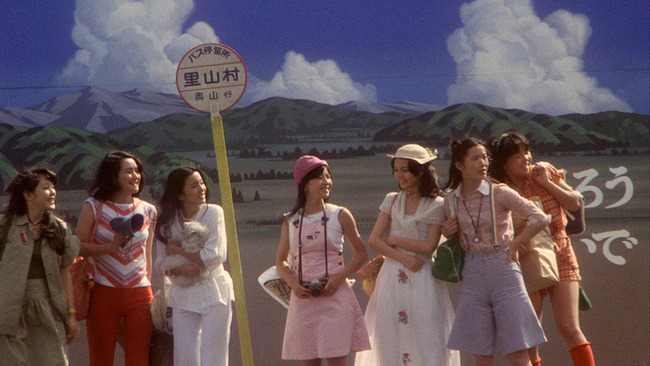magic-games.net – Bochorno (Shame), a 1963 Spanish drama film directed by Juan de Orduña, is a captivating exploration of youthful indiscretion, moral decay, and the consequences of unchecked ambition. Set against the backdrop of 1960s Spain, the film delves into the complexities of love, betrayal, and the erosion of traditional values.
A Tale of Temptation and Regret
The narrative revolves around a group of young, idealistic law students who, upon graduating, find themselves immersed in a world of moral ambiguity. The protagonist, Miguel, a promising young lawyer, is drawn into a web of deceit and corruption orchestrated by a charismatic but unscrupulous businessman, Don Leandro.
As Miguel becomes increasingly entangled in Don Leandro’s schemes, he begins to neglect his loyal fiancée, Cristina. His moral compass, once steadfast, starts to waver under the influence of temptation and material gain. The film masterfully portrays the gradual erosion of Miguel’s integrity, as he succumbs to the allure of wealth and power.
A Moral Commentary on Society
Beyond its captivating plot, Bochorno serves as a poignant social commentary on the moral decay that was prevalent in Spanish society during the Franco era. The film critiques the rampant materialism, hypocrisy, and corruption that characterized the period.
The characters in Bochorno are complex and multifaceted, reflecting the moral ambiguities of the time. While some characters embody virtue and integrity, others are driven by self-interest and greed. The film’s exploration of these contrasting personalities highlights the challenges of maintaining one’s moral compass in a society that is increasingly materialistic and corrupt.
A Cinematic Gem
Bochorno is a cinematic gem that continues to resonate with audiences today. Its timeless themes of love, betrayal, and the consequences of moral compromise remain relevant. The film’s strong performances, evocative cinematography, and thought-provoking narrative make it a compelling watch for fans of classic cinema and those interested in exploring the social and cultural dynamics of 1960s Spain.
While the film may not be as widely known as other Spanish classics, its enduring impact on Spanish cinema cannot be overstated. Bochorno stands as a testament to the power of cinema to illuminate the human condition and challenge societal norms.




